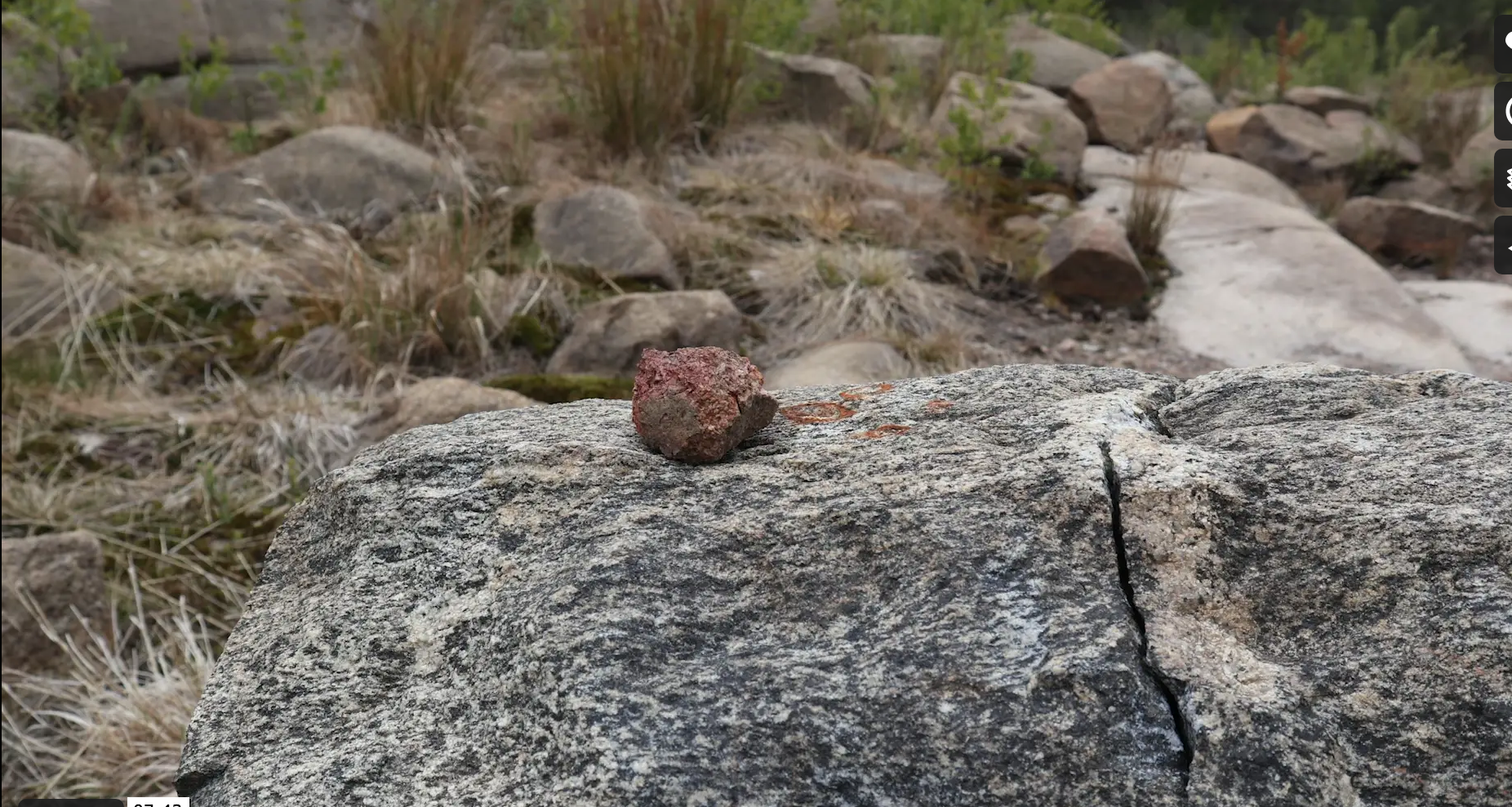Scenography as Symbiosis
Scenography as Symbiosis was a workshop in collaboration between Norwegian Theatre Academy and Norwegian BioArt Arena led by Jakob Oredsson in collaboration with Annike Flo.
Project Leaders
Annike Flo, NOBA
Student Participants
Sebastian Schmiedl
Anna Hoelsæter Hansen
Flikke and Vilde Jønland
Astrid Sønderskov Andersen
Ayana Ishihara
Andrea Tiefenböck
Oda Holmvik Bredvold
Trym Grønner.
Guest participants
Hilde Methi
Elin Tanding Sørensen.
Exploring how scenography exists
Through this workshop the participants explored:
- how scenography exists, rather than what scenography is.
- how scenography might exist through dialogue and relation, through co-existence and symbiosis, with a given context.
- engaged the understanding of ecological awareness as acknowledging the bewildering variety of scales, temporal and spatial, in any given context.
- the practical work was navigated in relation to the theoretical frameworks of Actor Network Theory, New Materialism and Object Oriented Ontology.
Process and methods
Each student worked with a site in their current geographical environment, interior or exterior, private or public, or in-between. The workshop was divided into four phases: Scouting, Listening, Measuring and Tuning. Each phase involved specific methods and tasks through a variety of mediums chosen by the students. With a basic understanding of scenography as describing environment, the participants explored different ways of describing environments through our imposed online conditions.
The students were encouraged to develop scenographic works existing in solidarity and symbiosis with their context. They worked with material already existing, engaging manifold layers of structures, visible and invisible, obscuring borders between passive and active, nature and culture, context and scenography. The students worked individually as well as collectively through sharing sessions. This resulted in a series of process works, three of which are shared here.
Onomatopoeic Creature – Ayana Ishihara
A choreographic and onomatopoeic journey through a textural landscape
The idea of using onomatopoeia came from a task of writing a list of things (actors/objects) from the site. Japanese language and culture have a unique richness of onomatopoeia, so I subconsciously used them in my list.
Another idea of exploring textures barefoot came from a task of making a plan drawing that represented my movements on the site.
I made the video as one sequence, because I wanted it to have continuity, so the spectator can feel part of the journey
https://vimeo.com/424721655
The Gallery Archive – Oda Holmvik Bredvold
The Gallery Archive is an archive of known human people, by unknown human people. The work consists of the phenomena of interactive and anti-interactive activities that has shaped the site.
What you will see now in the first part, is gathered, after the action of collecting, gathering and leaving behind, done by unknown others. It’s a composition of post-interactive and anti-interactive behavior. It´s an archive of a phenomena, an anthropic tendency, the conscious/unconscious dialogue with our surroundings, our need to create, leaving ourselves behind, as well as random placement of our belongings. It is a portrait of what unknown others value and not, and what they leave behind.
The second part is an anthropocentrically focused interview with an actor from the site.
As you will see, all of this makes up for the Gallery at Gressvik, Fredrikstad, which we discovered during the pandemic spring of 2020.
The gallery is open for anyone who would like to visit the gallery. And it might be that this meeting will generate other artworks, through the eyes of those visiting.
https://vimeo.com/471895375
Sensing Soundscape – Vilde Jønland
In my project I wanted to focus on all the different sounds of the city coming together in my small backyard in Oslo. I spent a lot of time observing my site; listening, noticing directions and sources, mapping the sounds and their changes throughout the day, sizes, volumes and details, both distinguishing them as well as letting them all blend together.
I wanted to work with this soundscape without recording it, and decided to explore how I, through visualisation and text, could represent sensing it.
https://vimeo.com/424592689
